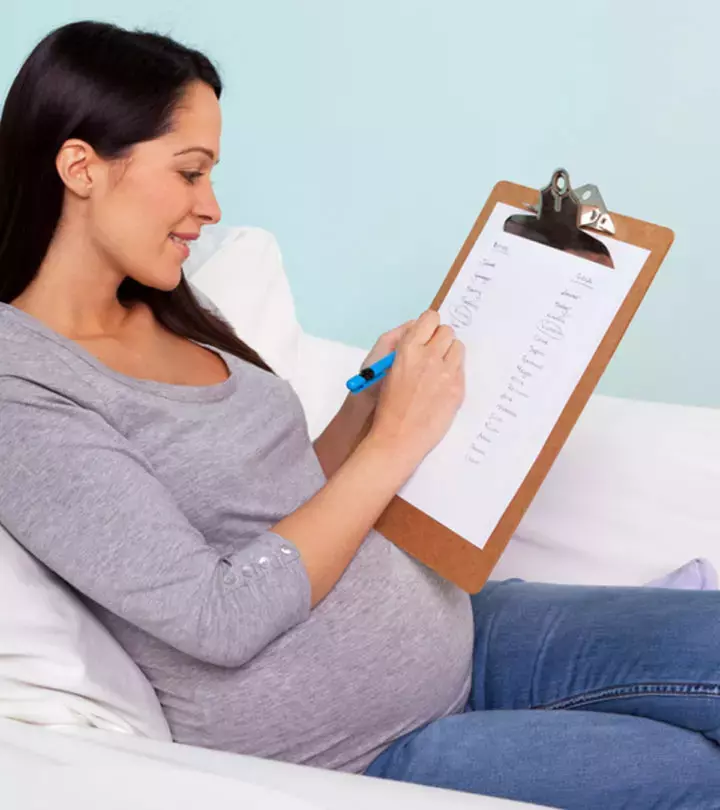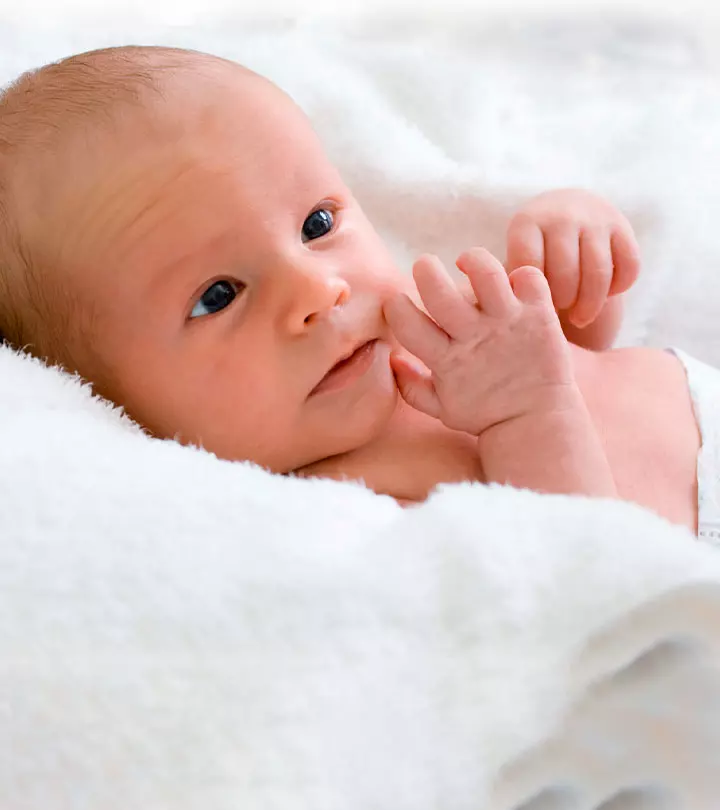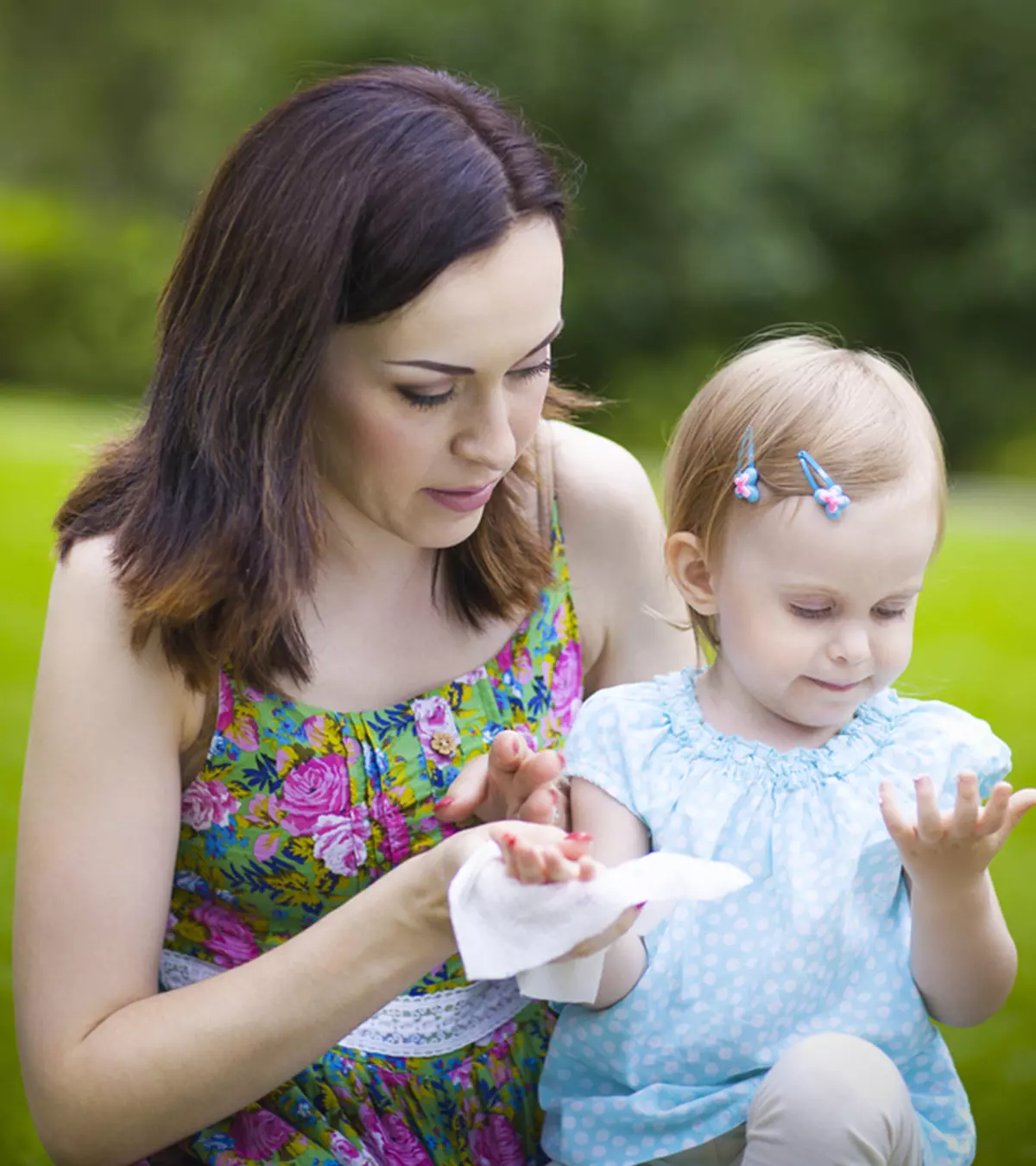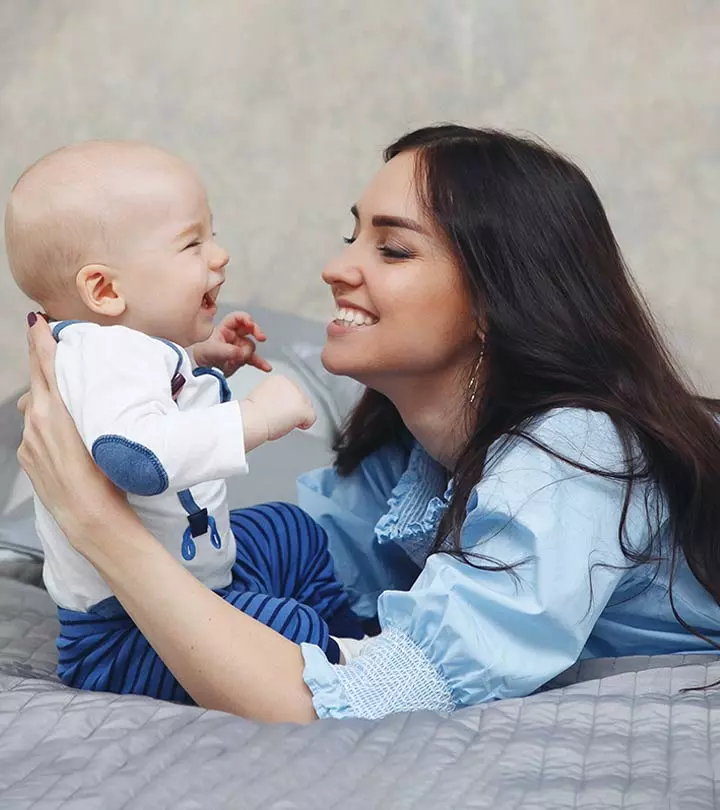
As soon as your pregnancy gets confirmed, the one question that keeps popping in your head is “is it a boy or a girl?”. Parents like to plan in advance for the arrival of their little ones. From toys and clothes to the decor of the room, the earlier parents start with the preparations, the more relaxed they can be later on. And not to forget that parents also need to be ready with a list of names for their little ones. However, without knowing the gender of the child, making such preparations could prove to be a little challenging. Depending on the country of your residence, you might or might not be able to determine the sex of the fetus. Also, people residing in poorer or rural areas might not have access to technology to know the gender of the fetus in advance.
For ages, people have been trying to figure out the gender of the child with traditional hearsay methods. These methods are in no way scientific and one should not rely on them. However, being part of old traditions, there is no harm in just discussing them with family and friends in a fun way. So, let’s dive in and familiarize ourselves with some of the old wives’ tales that claim to be smart enough to guess if your baby is a boy or a girl:
1. Need For Excess Grooming? Must Be A Boy!

Image: Shutterstock
If your legs and hands seem to be getting hairier than usual and your monthly waxing has almost become a weekly affair, then it is believed that you may be having a boy. This is a general belief that stems from the fact that men are generally hairier than women. And having a male child is connected to the reason for excess hair growth on an expecting mother’s body. However, the real reason for hair growth during pregnancy is hormonal changes. A spike in testosterone levels causes excessive hair growth in women at times.
2. What Are Your Food Cravings Like?

Image: IStock
Most of us are familiar with the fact that you experience many food cravings when you are pregnant. But you will be surprised to learn that some even link the type of cravings in an expecting mother to the gender of the child. One interesting old wives’ tale says that if you’re in the mood for spicy food, you’re most likely housing a baby boy. On the other hand, if you’re in the mood for all things sweet, you’re probably having a girl. Preposterous, but something you can tease your pregnant friend next time they ask you for food.
3. Morning Sickness? Blame It On Your Baby Girl!
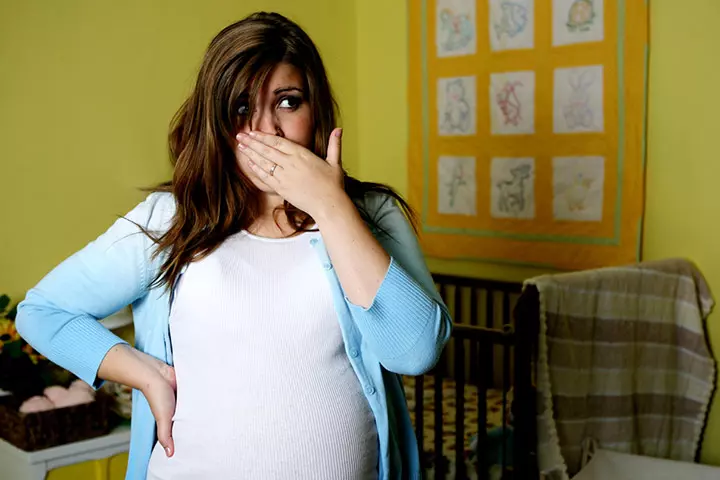
Image: IStock
Several women experience morning sickness in the early stages of pregnancy, and this is normal. But, it is also believed that if you’ve got it particularly bad, it could be a sign that you are having a baby girl! There could be some truth to this, though. A study was conducted on women who suffered from Hyperemesis Gravidarum. Hyperemesis Gravidarum is essentially a medical condition where a pregnant woman suffers from an extreme sense of nausea and morning sickness. During the study, it was found that those suffering from this condition were most likely to give birth to baby girls. However, we’ll need a lot more research on this area for this theory to be conclusive! (1).
4. Acne And Breakouts? Girl For Sure

Image: Shutterstock
This one’s ridiculous but funny at the same time. It is believed that you may be having a baby girl if you have sudden acne breakouts during pregnancy. And the explanation is that it is because the baby girl inside you is trying to steal all your beauty! We’re not exactly sold on that idea because the real reason why you have acne is nothing but hormonal imbalance
5. Your Breast Size May Be Saying Something!

Image: IStock
During pregnancy, the size of your breasts tends to increase considerably. This, of course, is your body’s way of preparing you to meet your baby’s needs. However, there is an old wives’ tale that believes that your breasts could signal the gender of your child. Often, women who notice that their breasts are fuller and notably bigger in size are more likely to have a baby boy. And guess what? A study was conducted to validate this belief, and a link was found between bigger breasts and boy babies! It’s kind of surprising but true that pregnant women whose breasts were fuller were most likely to have boy babies. More research is needed to understand the science behind this connection fully, but for now, it’s safe to assume that this particular belief might have some connection with truth (2).
6. The Shape Of Your Growing Belly
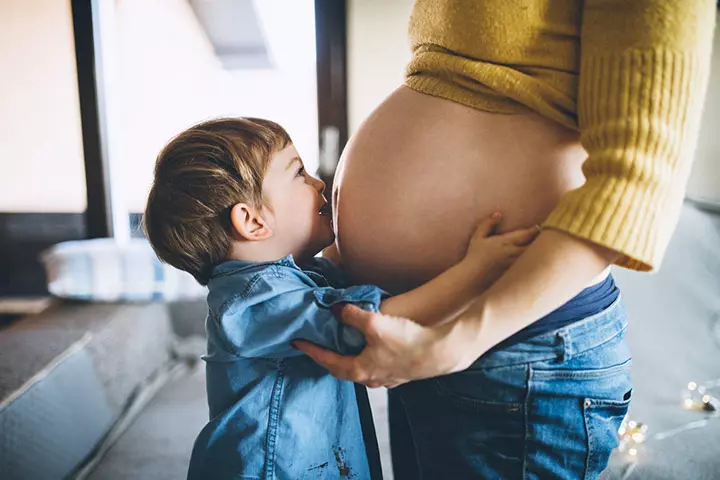
Image: IStock
Many people believe that you could tell if it is a boy or a girl by keeping a close watch on what shape your belly takes. It is often believed that it’s a boy if your belly looks wider and thicker around your sides. And it’s a girl if your belly is slimmer on the sides but protruding in the front. Truth be told, the shape of your belly has more to do with your body type than with the gender of your child. If you observe carefully, you’ll see that women who are shorter and smaller in stature often have bellies that protrude in the front rather than the sides. This is simply because the body structure is such that it can’t accommodate much on the sides. And the opposite is true for women who have a wider frame (3).
It’s fun to listen to these old wives’ tales and try to figure out if it’s a baby girl or a baby boy. However, these beliefs aren’t accurate, so if you really want to know the gender of your child, do a gender screening test (if that is legal in your country). Or, you could just wait in anticipation and excitement to see what the future holds in store for you! What are some of the beliefs you’ve come across? Let us know in the comments below!
References
- Does Greater Morning Sickness Predict Carrying A Girl Analysis Of Nausea And Vomiting During Pregnancy From The Retrospective Repor
https://link.springer.com/article/10.1007/s00404-020-05839-1 - Breast Size And Asymmetry During Pregnancy In Dependence Of A Fetus’s Sex
https://pubmed.ncbi.nlm.nih.gov/25833467/ - Are Women Carrying ”Basketballs” Really Having Boys? Testing Pregnancy Folklore
https://pubmed.ncbi.nlm.nih.gov/10655817/
Community Experiences
Join the conversation and become a part of our nurturing community! Share your stories, experiences, and insights to connect with fellow parents.



